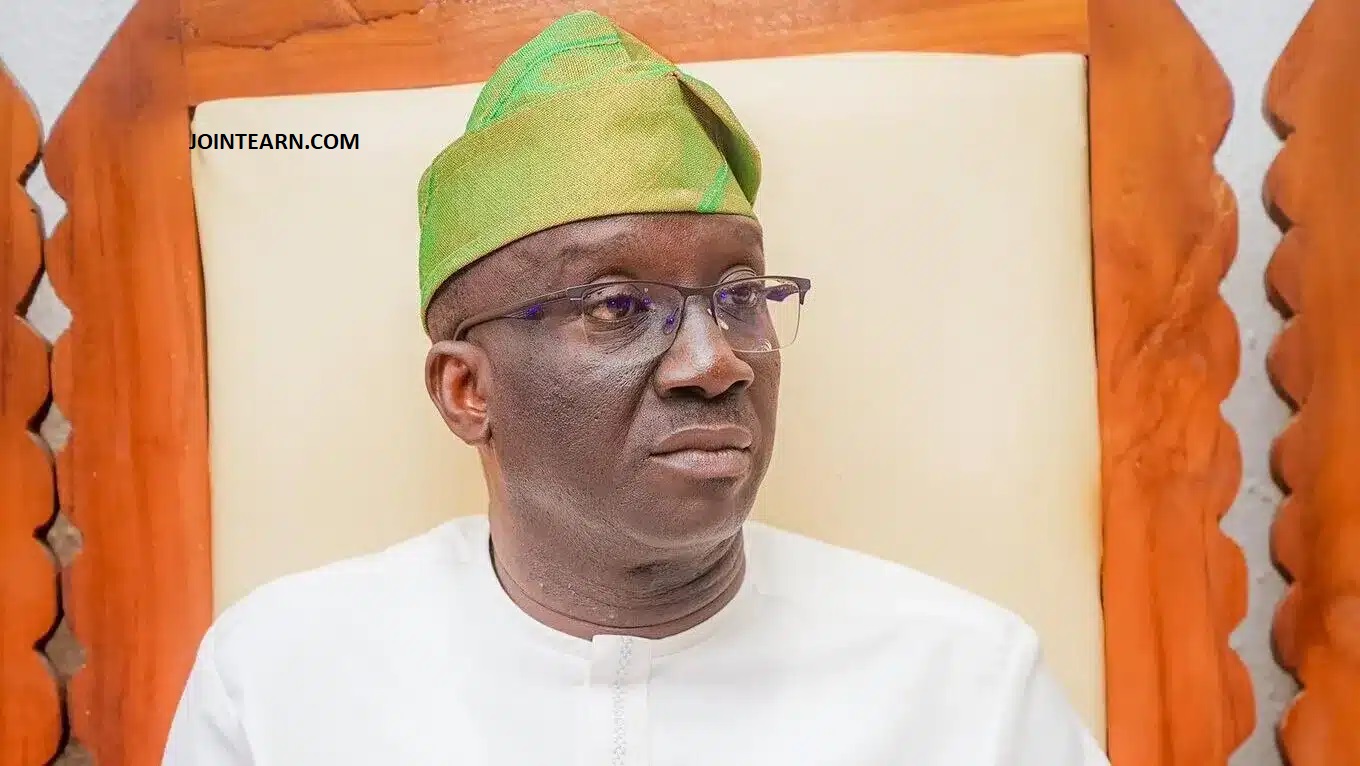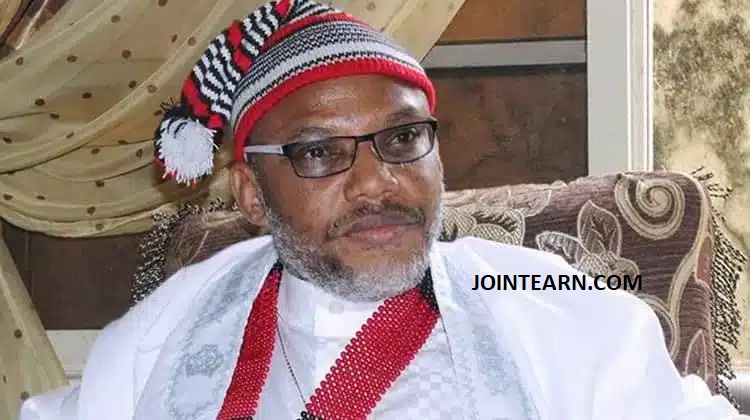The Edo State Government has strongly condemned the Indigenous People of Biafra (IPOB) for making what it called “false and misleading claims” regarding a supposed ₦6 billion compensation to Fulani militants by the Nigerian government. The state government also took a firm stance against IPOB, labeling the group as one responsible for violence and murder in various parts of Nigeria.
The statement was made by the Edo State Commissioner for Information and Orientation, Chris Nehikhare, who refuted the allegations of the Fulani compensation, describing them as an attempt by IPOB to sow discord and create further divisions in the country.
This comes in the wake of increasing tensions in various regions of the country, particularly between ethnic groups and militant factions. IPOB has faced heightened scrutiny over its activities and statements, with some critics accusing the group of contributing to violence and unrest in the South-East and other regions.
Edo Government Responds to IPOB’s Allegations
In his address, Chris Nehikhare stated that the recent claims made by IPOB regarding a ₦6 billion payout were entirely fabricated. He further stated that the allegations were part of a broader smear campaign designed to spread confusion and incite violence.
“The Edo State Government stands by its commitment to peace and unity in Nigeria. We categorically reject the baseless and unfounded claims made by IPOB about the Nigerian government’s dealings with any group or individuals. There is no truth to the allegations of a ₦6 billion compensation, and we believe it is a deliberate attempt to cause unrest,” Nehikhare said.
The Commissioner went on to clarify that there was no evidence to suggest any such compensation or agreement had been made. He urged Nigerians to be wary of the kind of divisive rhetoric espoused by groups like IPOB, which he said often resort to misleading information to achieve their own agenda.
Nehikhare also pointed out that IPOB’s claims were highly irresponsible and posed a threat to the peace and stability of the country. He called on the Nigerian government to take stronger actions against such groups, which he argued had shown a pattern of violent behavior.
IPOB’s History of Violence
The Edo government’s statement also took aim at IPOB’s history of violence, referring to the group as “a murderous organization” responsible for the deaths and suffering of innocent civilians. While IPOB continues to deny accusations of violence, the Nigerian government and many state governments have repeatedly called for the group’s disbandment, citing its role in the proliferation of separatist sentiments and violent protests.
Over the years, IPOB has been associated with a series of violent attacks, particularly in the South-East. These have included clashes with security forces, attacks on police stations, and violent demonstrations calling for the secession of the South-East from Nigeria.
IPOB leader Nnamdi Kanu, who remains a controversial figure, is often at the center of these disputes. He has faced multiple arrests and has been charged with treason for his role in the group’s activities. Despite being in custody, Kanu’s supporters continue to rally behind him, with calls for his release remaining a central part of IPOB’s rhetoric.
In the face of growing concerns over IPOB’s tactics, Nehikhare emphasized that the government must stand firm against those who seek to undermine national unity and incite violence. “We cannot allow this group to continue to poison the minds of Nigerians with their false narratives. They are a danger to the peace and harmony we strive to build,” he said.
Refuting Claims of Fulani Militants and Compensation
Regarding the issue of Fulani militants, Nehikhare was emphatic in dismissing any suggestion that the Nigerian government was engaging in secretive compensation deals with such groups. The Commissioner explained that the government’s focus remained on addressing the security challenges posed by armed groups, including bandits, kidnappers, and insurgents, regardless of their ethnic affiliation.
“There is no truth to the idea that there is any form of compensation or appeasement being given to Fulani militants,” Nehikhare stated. “The Nigerian government, including the Edo State Government, is committed to ensuring that all forms of insecurity—whether perpetrated by bandits, insurgents, or any other criminal group—are dealt with decisively.”
The claims of compensation reportedly began circulating after various statements and social media posts suggested that the federal government had agreed to compensate Fulani militants as part of an amnesty or settlement agreement. However, these claims have been met with skepticism and have been widely debunked by both state and federal officials, who have stated that no such compensation plan exists.
Regional Tensions and Calls for Peace
Edo State, like many other parts of Nigeria, has faced its own security challenges, particularly with the rise in kidnappings, armed robberies, and clashes between farmers and herders. In recent years, there have been rising concerns about the activities of armed Fulani herders in the central and southern parts of Nigeria. While the state government has sought to promote peaceful coexistence among different ethnic groups, tensions have at times led to violent conflicts.
Nehikhare urged all citizens to focus on finding peaceful solutions to security issues, stressing that cooperation between ethnic and religious groups was vital for maintaining social harmony. He emphasized that any attempts to fuel ethnic divisions would only escalate the security crisis in the country.
“Rather than spreading falsehoods, we should come together as one nation and address the challenges that face us collectively. We must prioritize dialogue, cooperation, and security reforms to ensure the safety and well-being of all Nigerians,” the Commissioner stated.
Conclusion
The Edo State Government’s response to IPOB’s claims comes at a time when Nigeria’s unity and security are under increasing strain. As the country grapples with various ethnic and security issues, the need for accurate information and a unified approach to conflict resolution is more urgent than ever. The government has made it clear that false narratives and divisive rhetoric will not be tolerated and that peace must be the priority in overcoming the nation’s current challenges.
With tensions remaining high, particularly in the wake of separatist movements and violent militancy, the federal and state governments continue to call for collective efforts in promoting stability and national unity. The rejection of IPOB’s claims by the Edo government stands as a firm message against attempts to destabilize the country through misinformation and violence.












